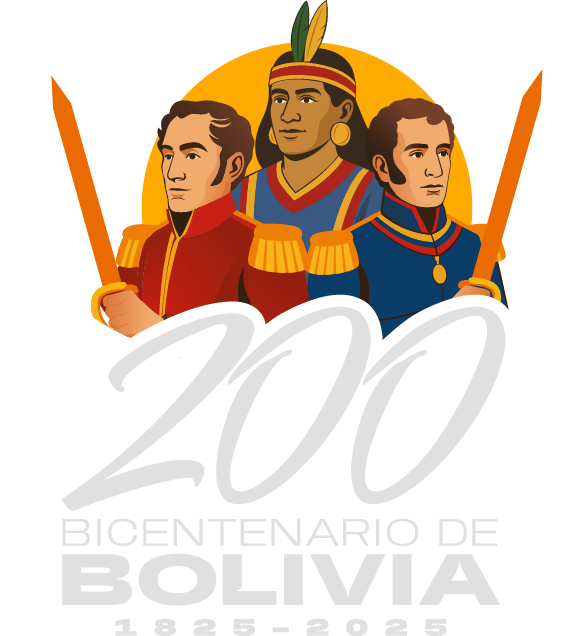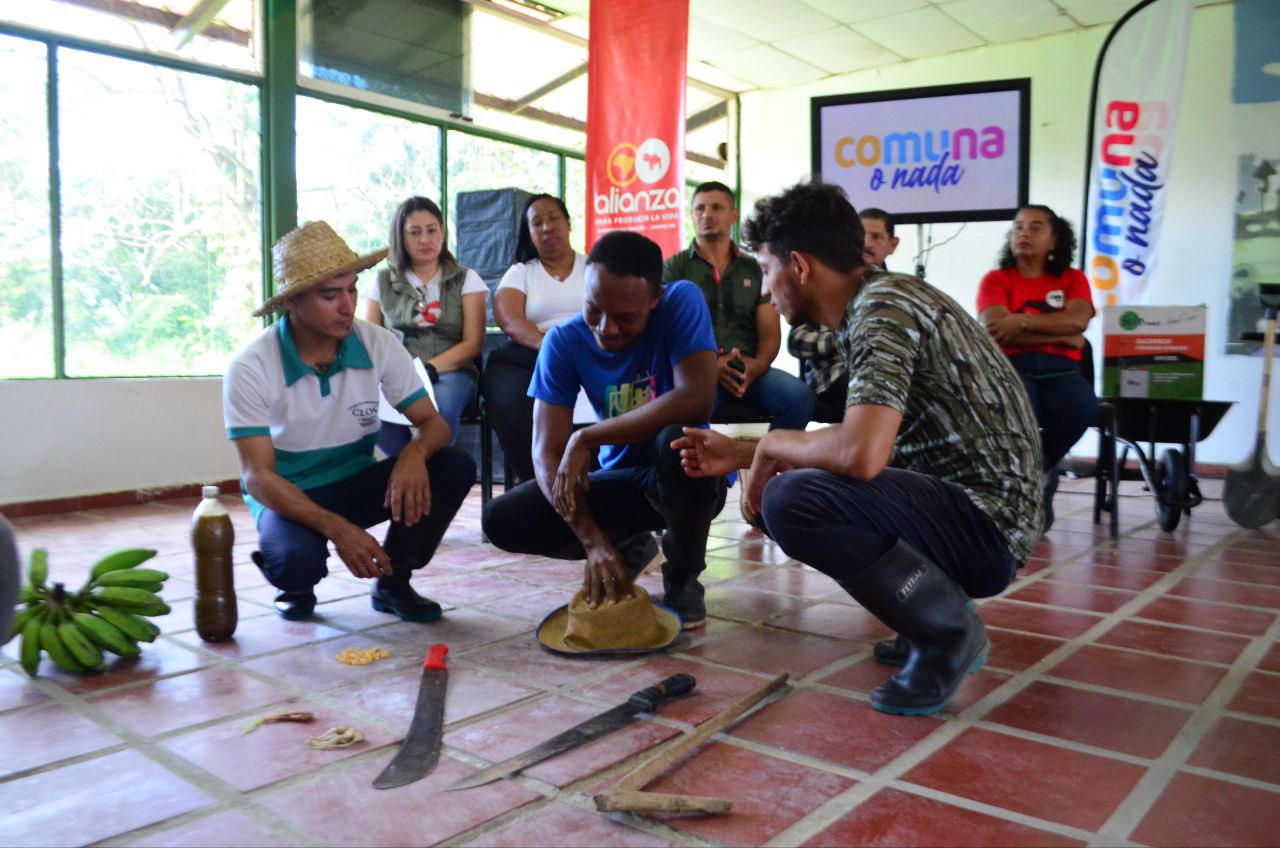Barinas, August 2, 2023 (Press Mincomunas). This Wednesday, the Productive Integral School Farms (GEIP) and the Landless Rural Workers Movement of Brazil (MST) exchanged agro-ecological experiences at the headquarters of the Latin American Institute of Agroecology Paulo Freire (IALA), based in the Alberto Arvelo Torrealba municipality of the state of Barinas.
This meeting, held within the framework of the “Alliance to Produce Life,” brought together approximately 22 Integral Productive Farm Schools from the states of Barinas, Anzoátegui, Aragua, Guarico, Lara, Merida, Miranda, Monagas, Portuguesa, Sucre, and Yaracuy.
In this context, Mayerlin Colmenares, Head of the International Affairs Integration Office of the People’s Power Ministry for Communes and Social Movements, emphasized that this space would serve as an opportunity for producers, producers, and social movements to meet and exchange ideas and experiences to build methodologies to promote sowing and agroecology.
“The GEIPs must strengthen the training processes to promote the new economic model that seeks to reproduce life, not capital. Now, we are working with farmers and producers under an agroecological approach that enables us to promote food sovereignty and ensure the population’s welfare in the territory.”
Likewise, José Gregorio Baudo, director of the Latin American Institute of Agro-ecology Paulo Freire (IALA), spoke about the origins of this institution, which houses relevant international social movements. “We must promote the 5th Historical Objective of the Homeland Plan, and our commitment is to save the planet to guarantee the continuity of humanity”.
Meanwhile, Simone Magalhaes, from the Landless Movement, pointed out that Venezuela has great productive potential and that now, with agro-ecology, not only food but also would guarantee human life.
Patricia Pereira Vaz, also a representative of the MST, added that “after visiting for three weeks the communal economic circuits of the states of Lara, Portuguesa, Barinas, and Merida, I have been able to see how the farmers are working to rescue the native seeds of coffee, corn, potatoes, and vegetables, which seemed to me extremely important to guarantee the food sovereignty of this land.”
Training for producers
In this meeting space, Jesus Pérez, a spokesman for the Integral Productive Farm School “El Maizal,” pointed out that they produce corn, cassava, topocho, bananas, and black beans. “Thanks to the resources granted to us by Safonapp, we are about to start planting chili peppers, paprika, and tomatoes, which would enable us to strengthen our crops.”
Likewise, Maria Teran, from the Che Guevara Socialist Commune, added that thanks to the Farm School, they are working on the Scientific Seedbed and training not only farmers and producers but also women, young people, and children.
Installation of laboratories
In addition to taking stock of the productive, research, and training work they are carrying out in the territory, the Integral Productive Farm Schools received guidelines for the laboratories’ installation in the GEIP.
During the meeting, the teacher, Roberto Colmenares, shared his agroecological farming experience in black bean crop planting.
Regarding this topic, Omar Guerra, coordinator of the Strategic Development Area of the Communal Economy of the Ministry of Communes and Social Movements, explained that the Sowing Plan for the production of black beans will have an agroecological approach. “We will use for the bio-inputs production produced by the Chiriguare Integral Productive Farm School in Portuguesa state.”



